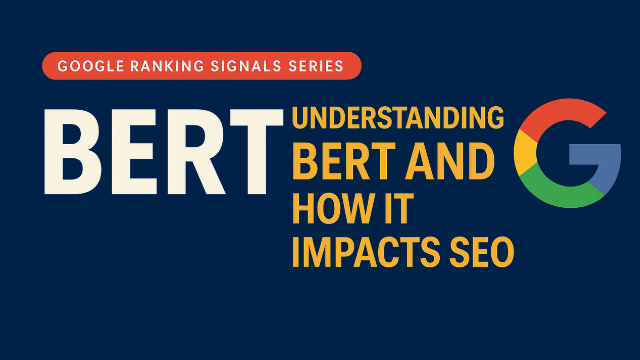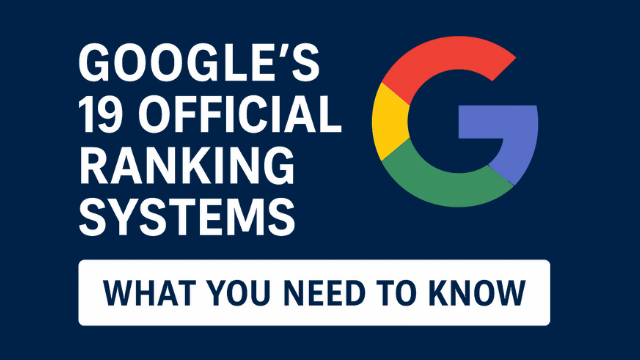The Truth About Google’s Freshness Systems
When we talk about SEO and content optimization, the term “freshness” often sparks confusion. Many assume that regularly updating content—no matter the topic—is the golden key to higher rankings. But does Google really prioritize newer content above all else? Let’s unravel the myth and decode the mechanics of Google’s Freshness Systems, the fifth ranking signal in our ongoing series exploring Google’s search algorithms.
What Does Google Mean by “Freshness”?
Contrary to common belief, freshness in Google’s eyes isn’t about slapping a new publish date on your article every few weeks. It’s about contextual relevance—Google determines whether a particular query deserves fresh content, not whether all content must be fresh all the time.
This distinction was made clear by Amit Singhal, a senior software engineer at Google, who introduced the QDF (Query Deserves Freshness) algorithm in 2007. The purpose? To ensure that users searching for time-sensitive or event-driven topics receive up-to-date information.
How Freshness Systems Work
Imagine you’re searching for “volcano” from your home in Delhi. The algorithm detects your location and determines that general information about volcanoes is more relevant. But if you’re sitting near Mauna Loa in Hawaii, where volcanic activity might be ongoing, Google’s system kicks into high gear, surfacing the latest news, safety updates, and real-time reports. That’s QDF in action.
It’s not just location-based—timing matters too. Suppose someone in Assam searches for “flood” during monsoon season. The system is likely to show real-time alerts, affected zones, and relief center info. The same query during a dry season might just surface educational articles or historical data about floods.
This dynamic adaptability is central to the Freshness System, making it far more intelligent than a simple “newer is better” rule.
When Does Your Content Need to Be Fresh?
The key question website owners should ask is not “how often should I update?” but rather “does my topic demand freshness?” Google evaluates three main factors to decide:
- Coverage in Blogs or Magazines: If a topic is being widely discussed in editorial content, it signals a spike in interest.
- Presence in News Media: Ongoing media coverage shows that the subject is relevant right now.
- Surge in User Searches: A sudden spike in search queries indicates increased demand for updated information.
If your content checks these boxes, then yes, freshness can significantly influence your rankings.
For instance, if your blog covers breaking news, trending topics, or evolving services like AI tools or telecom updates, then regular updates with new facts, data, or user intent variations are crucial. But if your site offers timeless content like classic recipes, frequent changes offer little SEO benefit. A “Paneer Butter Masala” recipe doesn’t change with the seasons, locations, or news cycles—so there’s no need to update it just for the sake of it.
How to Optimize for Freshness (If Required)
If your topic deserves freshness, here are practical ways to align with Google’s expectations:
- Update with recent facts or statistics
- Incorporate latest industry news or developments
- Add new sections or FAQs based on trending questions
- Improve structure and clarity while maintaining relevance
Remember: these updates should add real value. Cosmetic changes or date tweaks won’t fool Google—and may waste your valuable time.
BERT and EMD: Context Over Keywords
As part of this ranking signal series, it’s worth noting how BERT (Bidirectional Encoder Representations from Transformers) and EMD systems play supportive roles. While the Freshness System handles recency, BERT helps Google understand the intent behind fresh queries in natural language, especially when the query is ambiguous or context-heavy. Similarly, EMD isn’t given undue importance unless the content behind the domain actually delivers value—fresh or not.
Final Thoughts
Not every web page needs to be fresh to rank well. Google’s Freshness Systems are sophisticated and driven by user intent, query type, and contextual signals. If your content fits into a category where timeliness adds value, then it makes sense to keep it updated. But if your topics are evergreen, don’t chase freshness for the sake of it.






